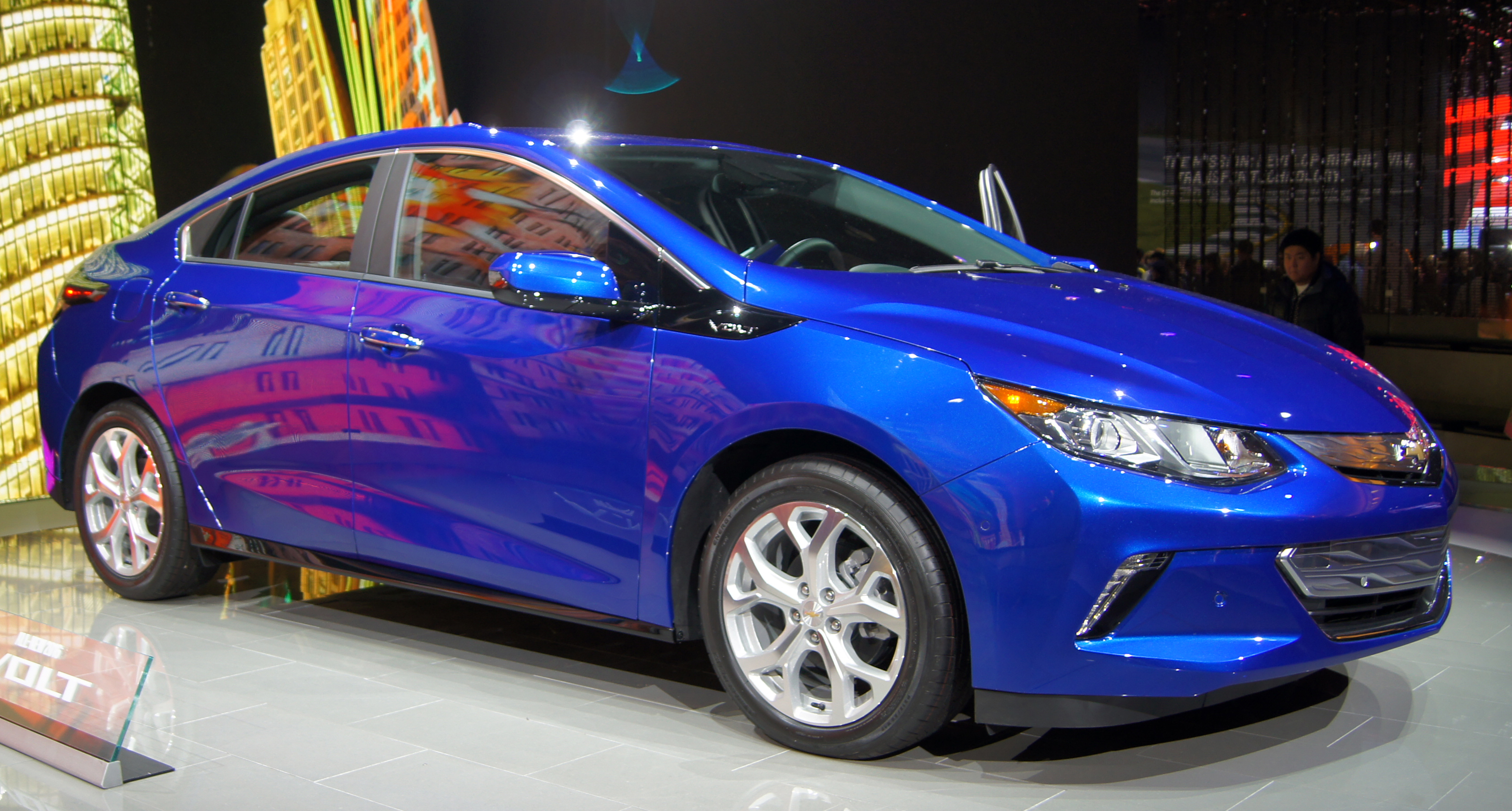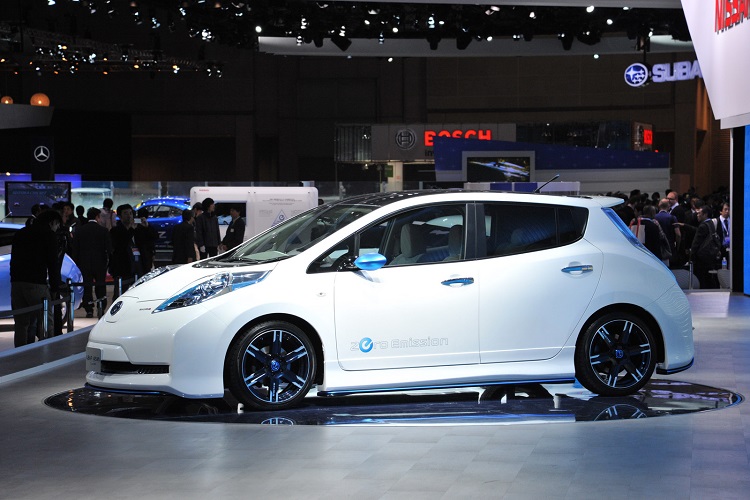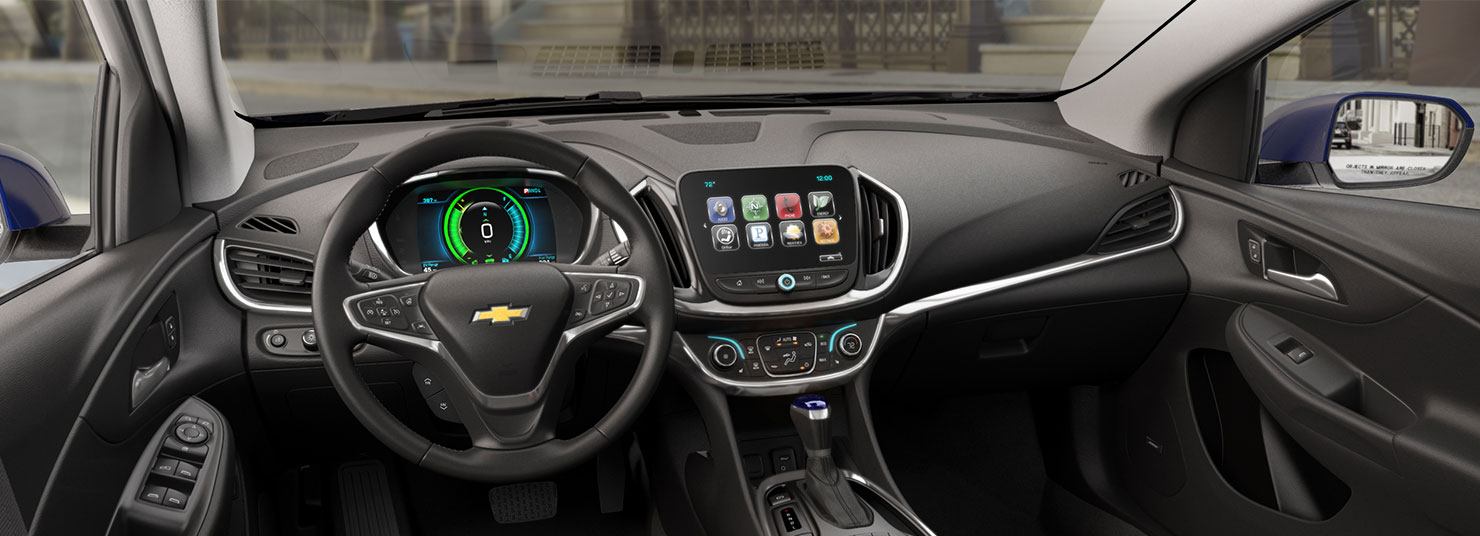
Hybrid cars are pretty much in the news and demand in the modern times, especially when people are becoming more aware of the effect that pollution caused by the cars is affecting the environment. The number of hybrid cars that are available in the market is still very less, so we have chosen three vehicles which belong to the same price range and are manufactured by world renowned manufacturers, in order to compare them and let you know which is the real value for money.
The cars that we will be considering in this segment include the Chevrolet Volt, the Toyota Prius and the Nissan Leaf – the latest generations. Here is a detailed comparison between the three cars based on certain parameters including styling, performance, quality, green value and price.
Styling
The 2016 Toyota Prius is the 4th generation of the Prius lineup and, like its predecessors, it doesn’t disappoint whatsoever, with considerably better interiors and a baffling rear end. Though, the car fails in styling when compared to the Volt and the Leaf, as the Volt features a sleek and angular look that supports conventional interiors, whereas the unconventional shape and interiors make the Leaf more distinctive.
Performance
The clear winner in this comparison is the Volt, as when compared to the Leaf and the Prius it has more power, is faster, quieter, and comes with a better electric range and gas mileage. As for the Prius, it has the same rough handling that we get in a regular car, without the power associated with it, and, finally, the performance of the Leaf ends at just providing class-leading electric range, other than that the overall feel of the car is like an electric appliance.
Quality
When it comes to quality, all the three cars are on equal footing, each having distinctive selling points. The Prius features a much better interior when compared to its predecessors though the headroom that you will get at the rear might be a bit tight. The selling point of the Leaf is that the cabin is quite capacious and the cargo bay is very useful, as for the Volt, the interiors are conventional yet eye-catching and the car is capable of carrying four adults, with a fifth seat that can be used for emergency situations.
Green Value
This comparison will go to the Leaf, as with an emission-free system that is powered entirely by grid electricity, it will definitely get the top rating. As for the Volt, it comes with a rated electric range of 53 miles, and 42 mpg combined when running on gasoline. The Prius stands at 52 or 56 mpg combined along with an electric range of a mile that too at pretty slow speeds, like when you are parking the car in a parking lot.
Price
The MSRP of the Volt is at $33,170, the Prius is at $24,200 and the Leaf is at $29,010. Do note that all these MSRP are without extra government grants.
The Verdict
The Volt definitely stands out from its competitors. We are aware that it costs more but, performance-wise and mileage-wise, this hybrid car definitely takes away the victory in this comparison.
The Nissan Leaf is a good option for those who are looking for an all-electric car at this price point, that has a sufficient electric range. As for the Toyota Prius, it may be the most popular car, but the handling, inadequate electric range and overall mileage, makes it rate less in our comparison. However, with a price tag that is more affordable by $9000 when compared to the Chevrolet Volt, this car may be a preference for the budget conscious.
















Or wait a couple months and add the Hyundai Ioniq to the list of choices as well.
I agree with your conclusion, but why not wait for the Audi A3 E-tron, Hyundai Ioniq and VW GTE, instead of this constant apples to oranges discussion that we get every week!
Also the Kia Niro plugin will be out soon.
Toyota sold 184,734 Prius cars in 2015 (#13 in the US best selling passenger cars in 2015).
Chevy sold only 15,393 Volts (#84 in the list).
That’s against old Prius models.
Toyota now has a new Prius models this year.
I don’t see how Volt can do much better this year.
US Best Selling Passenger Cars in 2015
—————————————————————-
#1 Toyota Camry 429,355
#2 Toyota Corolla 363,332
#3 Honda Accord 355,557
#4 Honda Civic 335,384
#5 Nissan Altima 333,398
#6 Ford Fusion 300,170
#7 Hyundai Elantra 241,706
#8 Chevrolet Cruze 226,602
#9 Hyundai Sonata 213,303
#10 Nissan Sentra 203,509
…
#13 Toyota Prius 184,734
…
#64 Tesla Model S 26,400
#73 Ford C-Max 21,768
#80 Nissan Leaf 17,269
#84 Chevrolet Volt 15,393
All 3 win in a different category, short commute, the Leaf wins, medium, the Volt wins, and for any long range driving, the Prius wins hands down.
I’ve been driving a Prius for the last 5 years, but I might get a Volt when the 2017 comes out. (It’s not available where I live until the 2017 comes out)
A few errors in the article:
The non-Plug in Prius does not have 11 miles of electric range. It has maybe 1 mile at most, and only under very low speeds, such as while in a parking lot. Otherwise it runs the gas engine for almost all of its propulsion. That said, it does use its gas engine much more efficiently than any other internal combustion engine out there.
You also used the barebones trim price for the Prius. A more comparably equipped Prius will be closer to $26k, while a high end trim will be closer to $30k. They also aren’t eligible for a tax credit.
And if talking about plug-ins, you should include the Federal plug-in tax credit which can reduce the cost of the Volt and Leaf by up to $7500, bringing them down to $25670 and $21510 respectively. Some states, such as California, also offer credits as well, lowering the cost even further.
The caveat for the Federal credit is that people have to owe at least $7500 on their Federal taxes to get the full amount. Otherwise they only get back whatever they owe, so if you only owe $5000, that’s all you’ll get as it’s usable only in the year you buy the plug-in vehicle and the unused portion is lost/forfeited.
This makes that tax credit a little regressive as more well off folks benefit more from it than joe and jane middle class, who ironically would benefit more from plug-ins due to their lower cost to fuel up and less maintenance requirements compared to a gas car.
However, leasing a Leaf or Volt lets the leasing company take the credit instead, and they can pass it onto the customer in the form of lower monthly payments for the lease. This is a popular option for many people because they either don’t make enough to claim the full tax amount, or they don’t want to be stuck with the old tech when newer plug-in cars with better ranges show up.
You also left out the Leaf’s range. The 2016 base S trim still has the same 24 kWh battery pack as the older versions, which is rated at about 84 miles under EPA testing. The SV and SL trims uses a larger 30 kWh pack, which gives it roughly 107 miles of EV range. This is very important info for someone who is considering a Leaf.
Hello,
We fixed the mileage error you mentioned, thanks for pointing it out! When it comes to the Federal plug-in tax, the particular fee varies from state to state, though we did mention that the price we are referring to is the MSRP one.
Thanks.
– Orestes Papanastassiou, editor-in-chief The USB Port